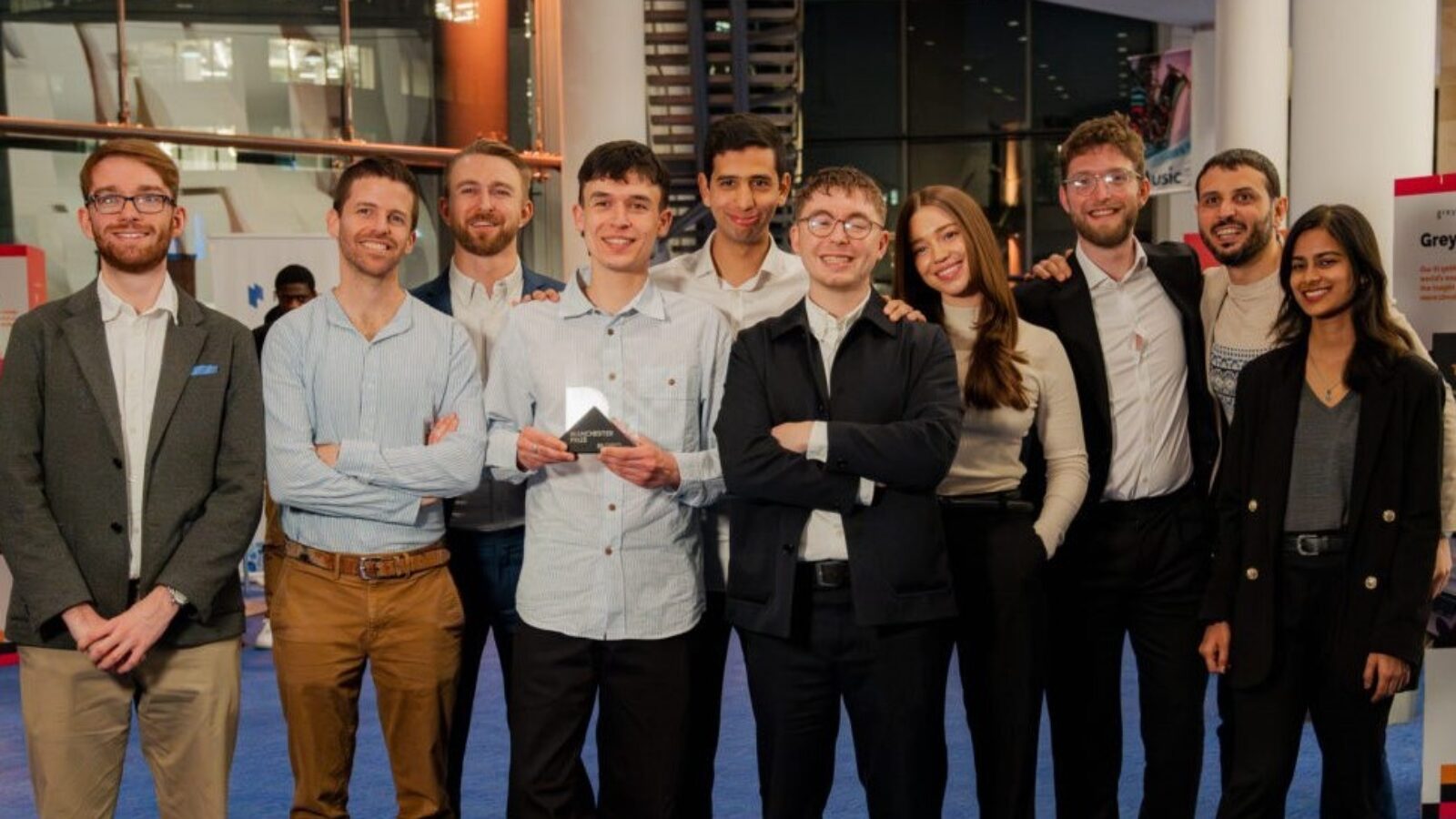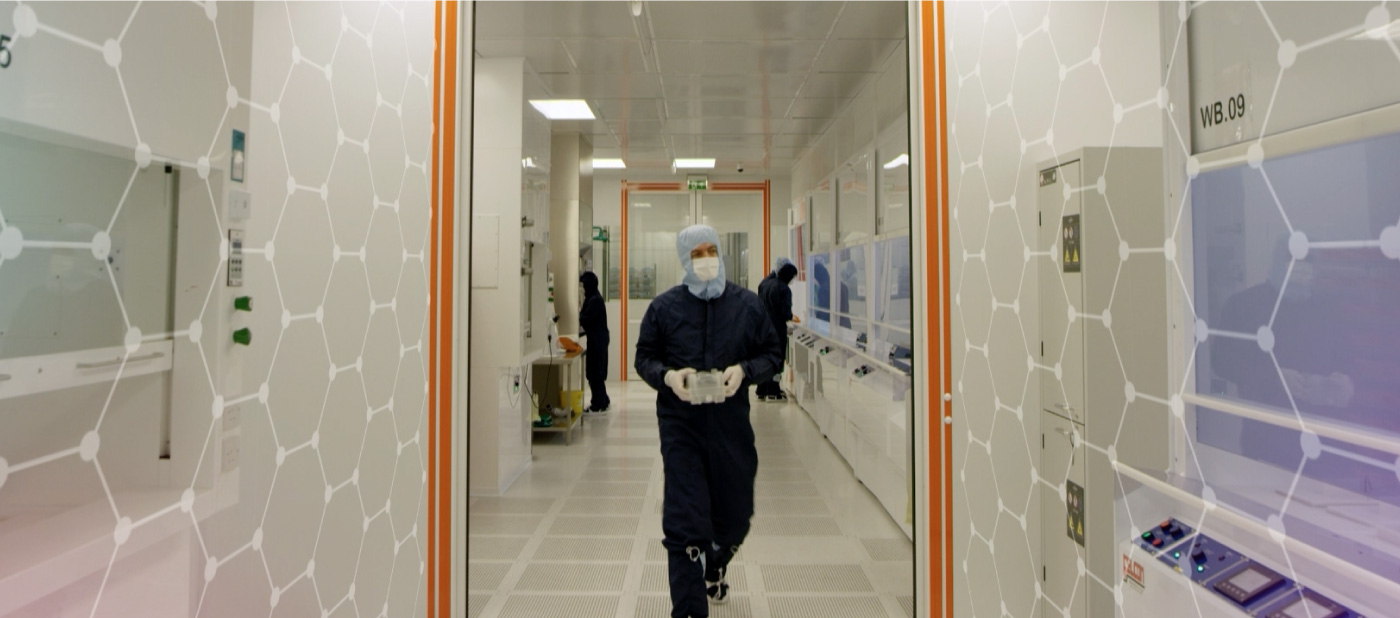Imperial spin-out Polaron, an artificial intelligence technology that dramatically accelerates the development of new advanced materials from decades to days, has won the £1 million inaugural Manchester Prize.
The annual multi-million-pound challenge prize from the Department of Science, Innovation and Technology, rewards British-led breakthroughs in AI for public good.
Polaron leverages state-of-the-art generative AI and microstructural image data – the microscopic features of a material visible under a microscope – to bridge the gap between the way materials are made and their performance.
The technology empowers engineers to characterise materials, quantify microstructural variation, and optimise microstructural designs faster than ever before.
Polaron has demonstrated a more than 10% improvement in the energy density of batteries, roughly equivalent to adding 20 extra miles of range to a typical electric vehicle.
Its AI models can explore thousands of material designs in under a day – a task that would take current state-of-the-art physics-based simulations around 50 years.
Polaron was founded by Dr Isaac Squires, Dr Steve Kench and Dr Sam Cooper, spinning out their research at Imperial College London in November 2023. The growing start-up unites AI, engineering, and materials science, paving the way for material innovations in batteries and beyond.
Nearly 300 companies applied for the Prize, with ten finalists selected last year.
Dr Sam Cooper, Chief scientist of Polaron and Reader in Machine Learning for Materials Design at Imperial’s Dyson School of Design Engineering said:
“We are thrilled to have won the first ever Manchester Prize- it has been an extraordinary team effort.”
Polaron and Royce
The founders of Polaron have a long-standing affiliation with the Henry Royce Institute, with CEO Isaac Squires previously acting as a Research Associate on a Royce funded Materials Challenge Accelerator Programme project and Chief Scientist Sam Cooper leading a project to combine machine learning-based data fusion methods with new imaging techniques to investigate the impact of manufacturing parameters on the resulting microstructure of energy materials.
Professor Philip Withers, Henry Royce Institute Chief Scientist said:
“I am absolutely thrilled to see that Polaron, whose AI software uses microstructural image data to train AI models to rapidly improve materials performance, has won the prestigious Manchester Prize.
“The concept proposed by Dr Sam Cooper and his team was one of the first to be supported by the EPSRC Materials 4.0 project Royce organised. It is great to see this spin out which is built upon that early work is now growing quickly and this Prize is a testament to the originality and merit of the concept.”
Feryal Clark – Minister for AI and Digital Government said:
“The Manchester Prize shows how we’re putting AI to work for people all over the country – supporting breakthroughs and innovations which will unlock so much positive change in our lives.
Polaron’s work in developing advanced materials will have a range of uses, including in driving forward new efficiencies for the batteries powering electric vehicles – giving drivers more miles on the road – and in delivering homegrown energy like wind turbines – supporting lower cost, clean, secure power for the British people.
The innovative work we’re supporting will mean that we can fast track untold numbers of new AI breakthroughs which put improvements into the hands of British citizens in mere days rather than years. This is how we’re putting our Plan for Change into action.”
Full story https://manchesterprize.org/news/manchester-prize-winners-announcement/



